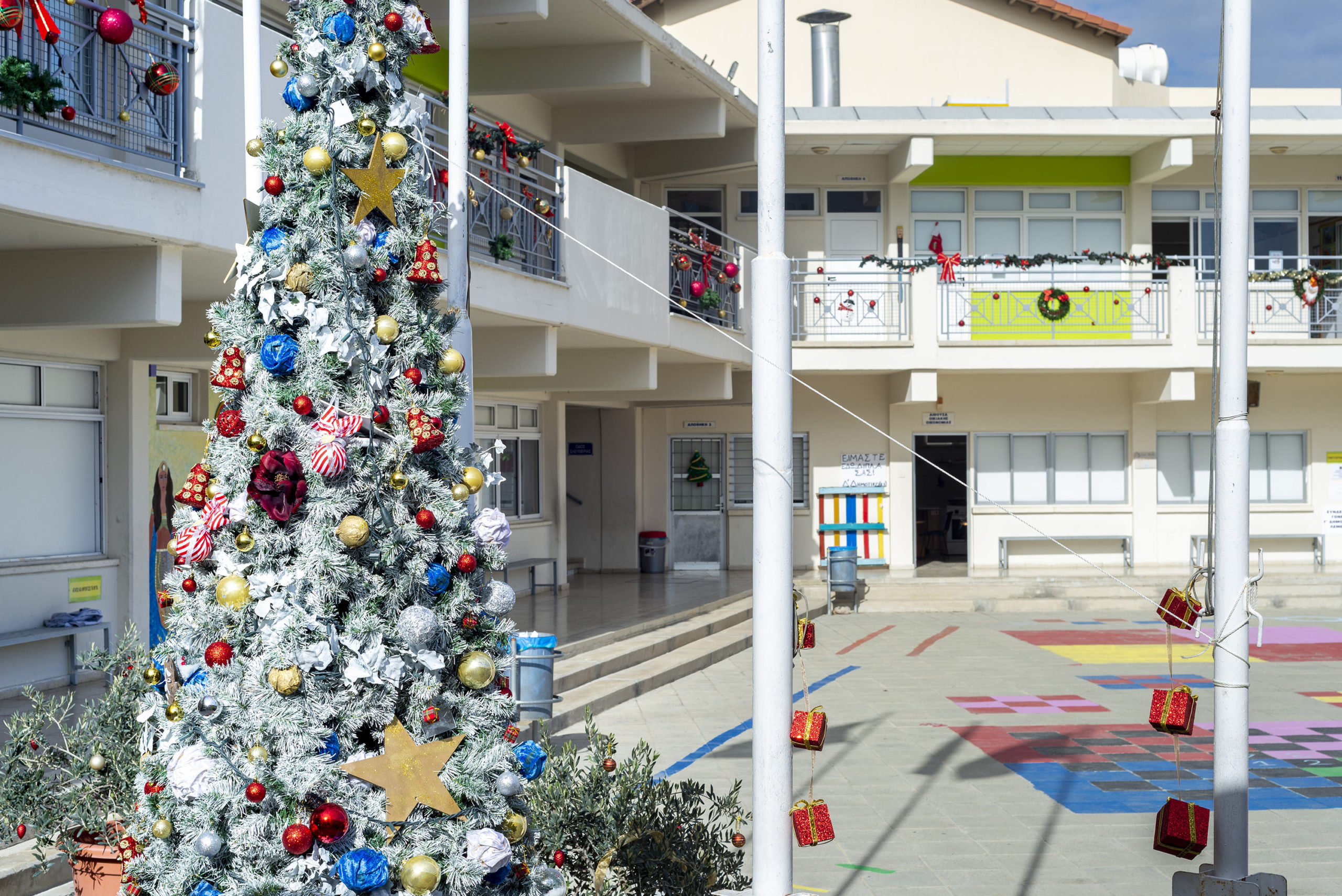There is a sneaking suspicion that this Christmas is starting to replicate last year’s COVID-tainted festive cheer, with infections rapidly rising to worrying heights.
And the last thing we wanted Santa to stick under our collective public health tree was the discovery that the infectious Omicron variant had reached Cyprus shores.
In a different time, Cyprus could have hoped to avoid the nasty virus arriving, but global travel what it is, there was no escaping it would be imported sooner rather than never.
It is believed that Omicron will quickly become the dominant version of COVID-19, meaning cases will soar to new levels and hospitals buckle under the pressure.
The unwanted discovery comes when daily cases are surging beyond 600, and the spectre of four-digit rates before Christmas is a likely outcome.
Nobody wants to hear the word lockdown after nearly two years of social restrictions, but there seems an inevitability about being told to stay home.
A worsening coronavirus backdrop also plays havoc with travel plans, as most of Europe is in the danger zone.
Taking a holiday or winter break now has an added element of risk as social contact combined with free movement drives the coronavirus.
It’s hard to contemplate travelling abroad when the work from home mantra has suddenly found its voice again. Clusters are growing in workplaces and at schools.
Plenty of people would rather avoid the COVID-19 debate and go about their business, but even making Christmas plans to visit friends and relatives becomes tinged with trepidation.
What kind of a COVID setting will we be singing Christmas carols in two weeks from now.
It might even be used as a good excuse for the Cypriot leaders not to meet for a “very informal” social event organised by the UN.
Things have gotten so bad that each side is frightened to death of anything being said over small talk and mince pies that could be used against them in the court of public opinion.
Anastasiades and Tatar couldn’t conceivably say no to an invitation by the UN head of mission for a friendly non-committal chat over drinks.
The recently-arrived new UN official wants to get to know them better in a convivial atmosphere where there will be no mention of what hasn’t happened over the past four years.
Dragging the two Cypriot leaders out of their comfort zone to a social gathering is as good as it gets in the UN universe of Cyprus politics.
Usually, everyone pledges to do their best to move forward constructively before the next crisis blows the insincerity out of the water.
In recent years, Cypriots have managed to dig a deeper trench of division that is almost impossible to climb out of.
If Cypriots expect the UN to lower us a rope to escape the pit of despair, they are watching a different movie.
Likewise, the Europeans will not throw Cyprus a lifejacket as it drowns in decades of diplomatic failure.
The government is keen to portray the island as a hub of innovation where big tech and energy giants can do business.
But how stable can any future be if the island has barbed wire cutting through its veins and foreign troops strolling around?
Omicron will be defeated on these shores, and the pandemic will lose the will to spread maliciously.
It won’t happen in time for Christmas, but there is a degree of certainty the fight will be won with the help of science.
Efforts to resolve the island’s future have no such certainty attached to it.
Any time horizon for fixing the Cyprus problem is infinite, vague, unfathomable and beyond human comprehension.
The passing of time has proven to be the enemy of Cypriots.
There is no turning back the clock, but Cyprus is now stuck in a time warp, symbolising Cold War shame.
Europe has healed its many scars; it has heeded the lessons of history; Cyprus is content to remain a victim trying to make time stand still.
Abandoned Varosha is a testament to our grief and inertia.
Cyprus’ Christmas stocking is stuffed with broken promises and the big bad wolf stories.
Immunity to self-serving politicians may be the next best science gift after the COVID-19 vaccine.










